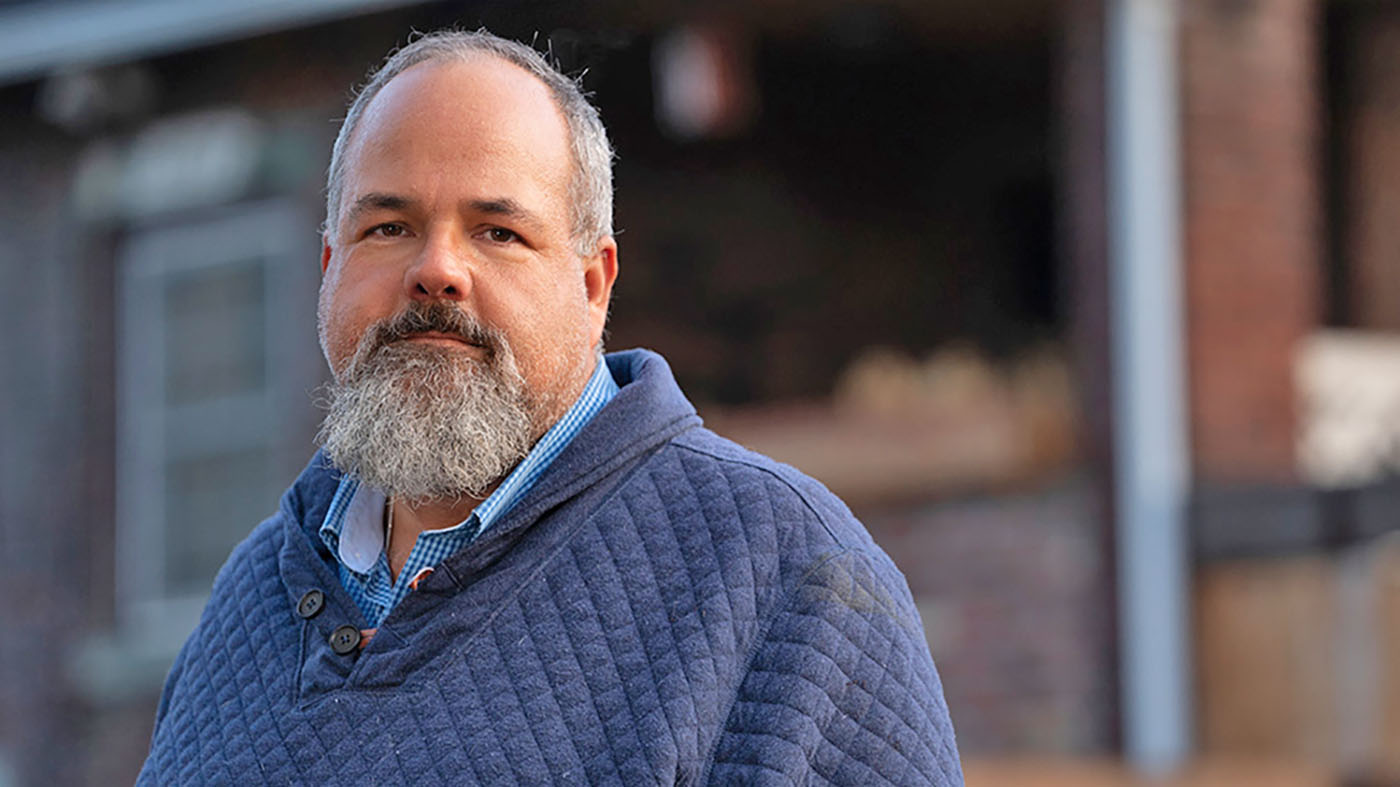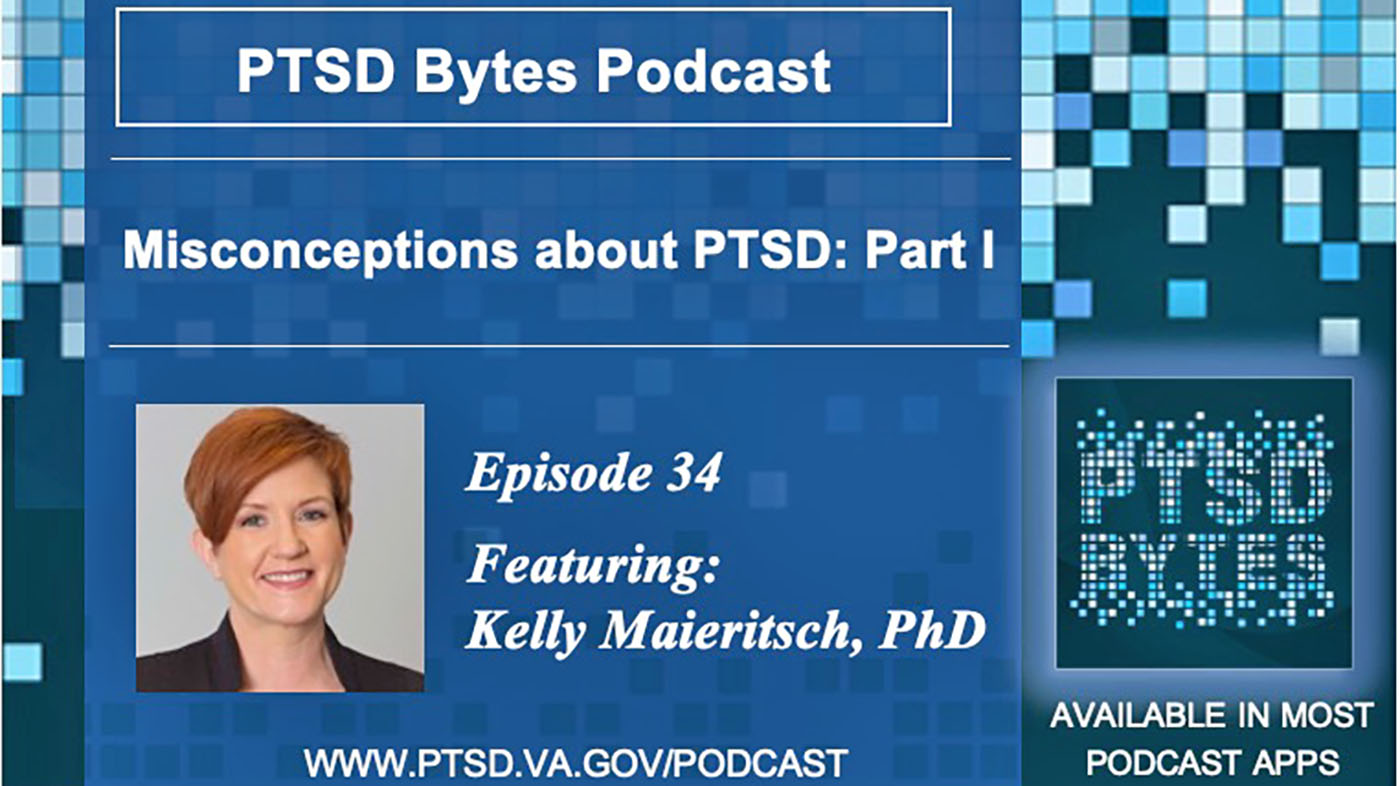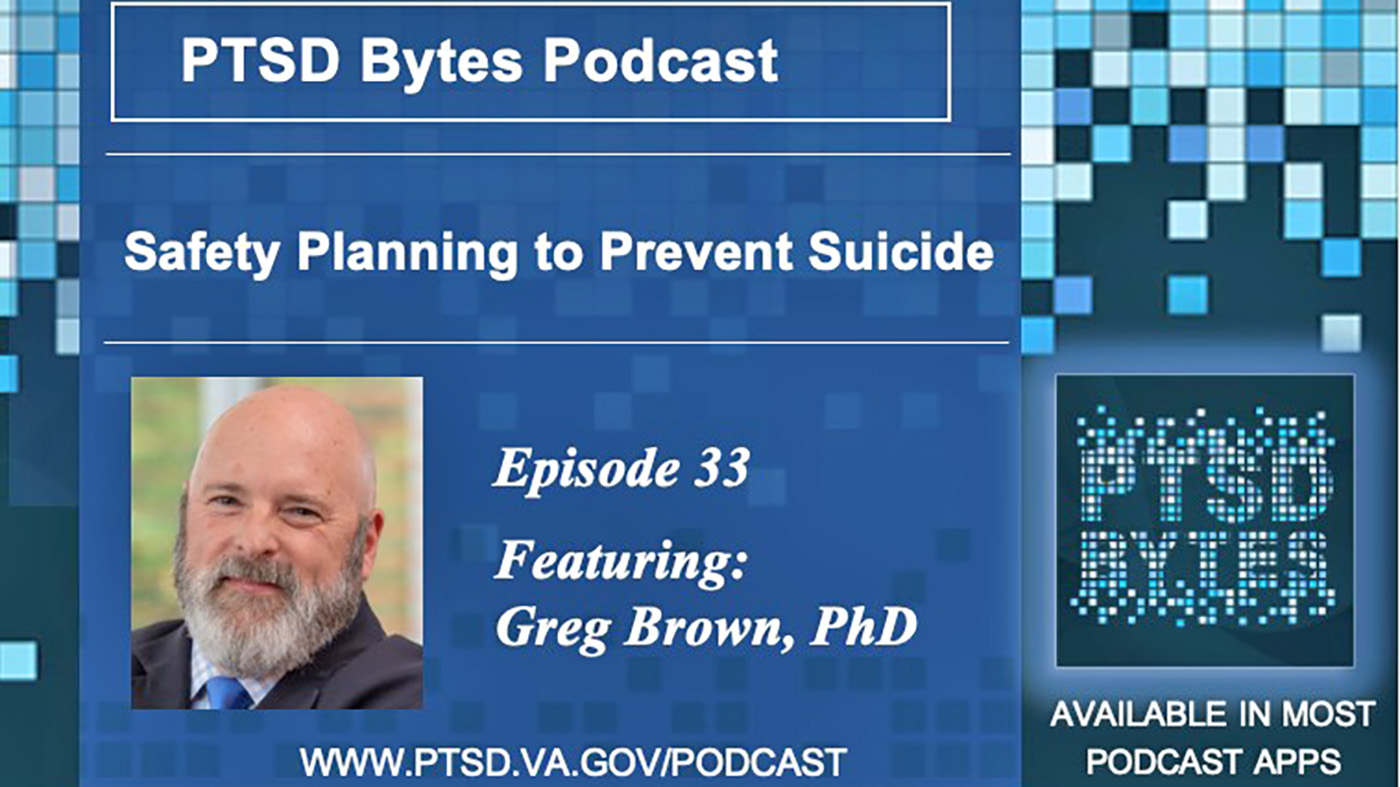“I had a very productive and fulfilling life for 10 years after Vietnam, and then a number of events occurred. One was the dissolution of a relationship that was very important to me. As that relationship unwound, I became unhappy, and I did some self-destructive things. I became depressed and began to self-medicate with alcohol or drugs — sometimes both. I experienced flashbacks every year around the date of my trauma.
“I wasn’t willing to blame Vietnam for my issues. So many I served with sustained such devastating physical issues, or worse, and I knew I was lucky just to be alive. I didn’t feel worthy to be here, let alone ask for help. In the military, when we’re confronted with a challenge, we suck it up and drive on. We get the job done. We give help, not ask for it. That is difficult to overcome.”
We all likely have personal stories about mental illness — whether mental health conditions affected our own lives or the lives of the people we love. The National Institute of Mental Health estimates that 43.8 million adults in the United States experienced mental illness last year. That’s one in every five Americans age 18 or older. Yet many people still hesitate to talk about mental health, and only about half of those affected receive treatment.
It’s crucial that all of us — Veterans and civilians — break the silence and use our voices to speak up about mental health. Too many people fear how others will react if they talk about their mental health challenges, or they don’t realize that mental illness is treatable. Unless we all start talking openly about mental health, many people — undoubtedly including many of our friends, family members, and co-workers — may spend a lifetime without knowing about the resources available to help them live happier, healthier lives.
As a mental health professional with VA and a Vietnam Veteran who received effective treatment for a mental health condition, we know that recovery is possible and that treatment works. We are encouraging everyone to start a conversation about mental health with their family members and friends. If we all use our voices and open up the conversation about mental health, we can make it easier for others to reach out for support if and when they need it.
Authentic, personal stories of recovery can be powerful tools for encouraging people to take that first step: asking for help. VA created the Make the Connection national mental health outreach program with this in mind. MakeTheConnection.net features more than 500 videos of Veterans from every military branch, service era, and demographic group telling their stories of recognizing, treating, and recovering from mental health conditions and substance use problems. For many who visit the website, listening to stories of Veterans or family members like themselves helps them understand, creates a sense of connection, and can empower them to speak up and seek the support they need.
“In the mid-‘80s, I became involved with the Veteran advocacy movement. After an event one day, two Veterans, brothers, approached me and handed me the book ‘Long Time Passing,’ a compilation of letters from Vietnam Veterans and their families about life after the war. This was the most pivotal moment in my path to asking for help.
“I would recognize myself in these stories. Because I could see my issues in someone else, it allowed me to let that thought rise to a level of consciousness. For the first time, I thought, maybe I really am in trouble. Those brothers saw something in me that I wasn’t ready to see in myself.
“Personal stories are a very powerful vehicle in this sense. We can have issues within ourselves and find rationalizations for them. But sometimes, when we see those same problems in someone else, we can recognize them. We can appreciate that their problems resemble ours and then perhaps realize that we have to do some work too. That’s why sharing your story is so important.”
What’s your story? Talking about your experiences can help to change how people across our nation, and Veterans in particular, view and respond to mental health challenges. You can learn how to start a conversation about mental health by visiting MakeTheConnection.net, and you can educate your social networks by sharing the site’s inspiring Veteran stories and valuable mental health resources far and wide. Let’s make sure every Veteran — and every American — knows that treatment works and recovery is possible.
Watch Tucker Smallwood’s full story.


Topics in this story
More Stories
Be ready before a suicide crisis by learning about resources that are available. You don’t have to face it alone.
In a two-part series, Dr. Colleen Becket-Davenport discusses some common myths surrounding PTSD with Dr. Kelly Maieritsch.
In this episode of the PTSD Bytes podcast, we speak with with Dr. Greg Brown, Philadelphia VA clinical psychologist, about how safety planning can prevent suicide.

![Tucker Smallwood_Los Angelesbarrel bathing (1)[6] Image: Smallwood in Vietnam](https://news.va.gov/wp-content/uploads/sites/3/2017/11/Tucker-Smallwood_Los-Angelesbarrel-bathing-16.jpg?w=730)




